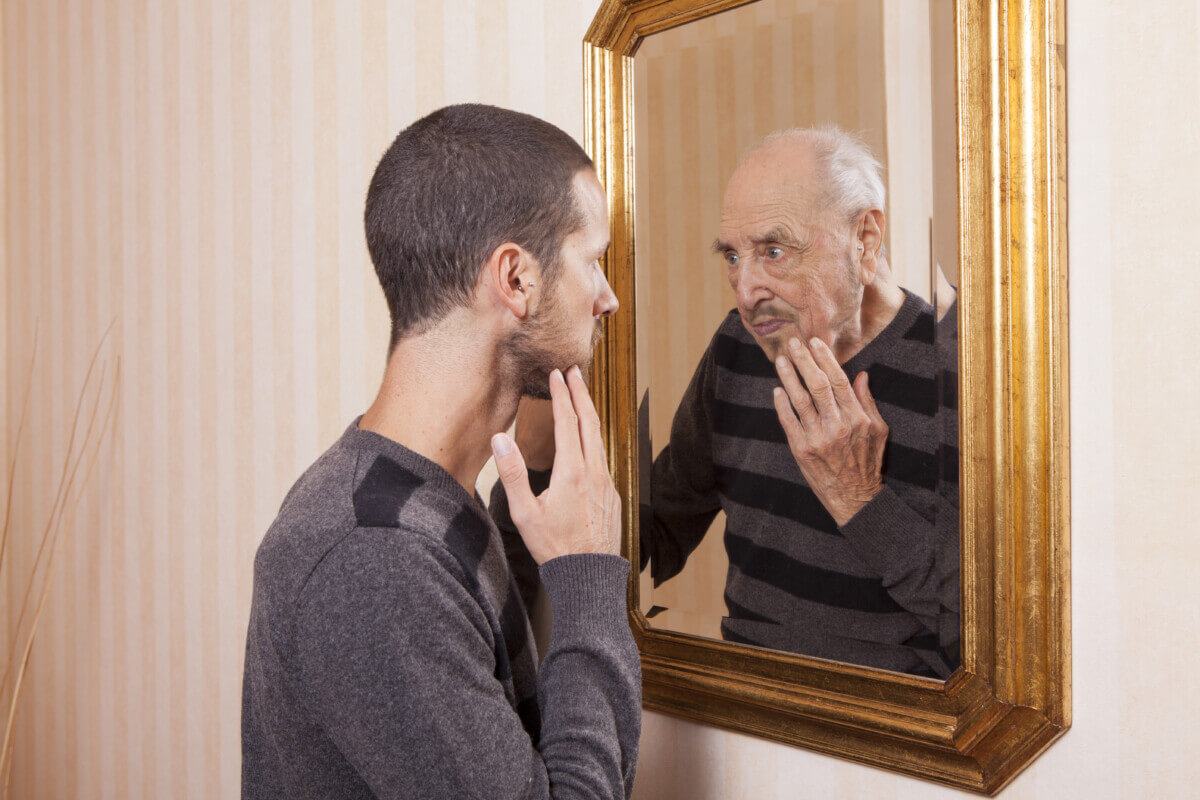
(Credit: tommaso lizzul/Shutterstock)
NEW YORK — How old do you feel? For Americans entering middle age, a new survey has some bad news. It turns out the average person over 45 feels 12 years older than their actual age.
The poll of 2,000 Americans over the age of 28, split evenly by generation, found that 55% who feel older than their actual age blame joint pain, and 45% say it holds them back during their daily lives. The vast majority of Americans (85%) experience some sort of joint pain, with half of those not realizing there is a direct correlation between increased muscle strength and reduced joint pain when, in fact, there is. Less than half (47%) feel optimistic about finding lasting relief.
Commissioned by Motive Health, Inc., and conducted by Talker Research, the study found that people who feel older than their actual age said this manifests through body pain (55%), getting tired easily (48%), and feeling less active overall (31%).
Forty-seven percent reported that they didn’t feel their age — and 50% of Gen Xers and older generations felt particularly out of whack with their actual age. Half of baby boomers, 54% of the Silent Generation, and 45% of Gen Xers said they all felt out of sync with their actual age.
Baby boomers felt an average of 14 years older, while the Silent Generation respondents reported feeling 12 years older than their actual age, and Gen Xers reported feeling a decade older on average. Missing out on daily life can be a challenge for those who feel as though joint pain is accelerating their aging — 71% will ignore joint pain so they can continue with their usual activities.
“Until they experience it, many people don’t realize the total impact joint pain can have on their lives,” says Rob Morocco, President and CEO at Motive Health, Inc., in a statement. “Losing your mobility and independence to joint pain can be frustrating and, without a doubt, make many people feel older than they are. The good news is, there’s technology that can reduce pain now and prevent it into the future, helping many people get back to feeling and living their best.”

The study also found nearly half (47%) of Americans won’t tell others when they’re in pain, fearing they will either think they’re too old or frail (19%), are making everything about themselves (18%), or that they’re overreacting (18%). Forty-five percent have had to stop doing the things they love because of joint pain, and 23% have felt like they’ve let others down by missing personal or professional commitments due to joint pain.
Knee pain specifically impacts about 40% of Americans, many of whom have had to reconsider substantial lifestyle changes to accommodate their lack of mobility, including where they live (25%), where they work (22%), and how they travel (17%). From all demographics, nearly everyone (98%) said they would feel more positive about their future if they didn’t have knee pain.
More than half (54%) would be willing to change their diet and exercise to that, while 52% reported a willingness to try physical therapy and at-home exercises. Six in 10 reported a likelihood to incorporate new technology into their at-home wellness routine to treat joint pain.
“While joint pain can make people feel like their life is on pause, the great news is that there are ways to get moving again,” adds Morocco. “For example, research has found that building muscle strength is central to resolving joint pain. With that knowledge in hand, there are now solutions for people with joint pain that will help rebuild that muscle strength and get them back to living full, active lives.”
Survey methodology:
This random double-opt-in survey of 2,000 American millennials and older was commissioned by Motive between May 14 and May 21, 2024. It was conducted by market research company Talker Research, whose team members are members of the Market Research Society (MRS) and the European Society for Opinion and Marketing Research (ESOMAR).










